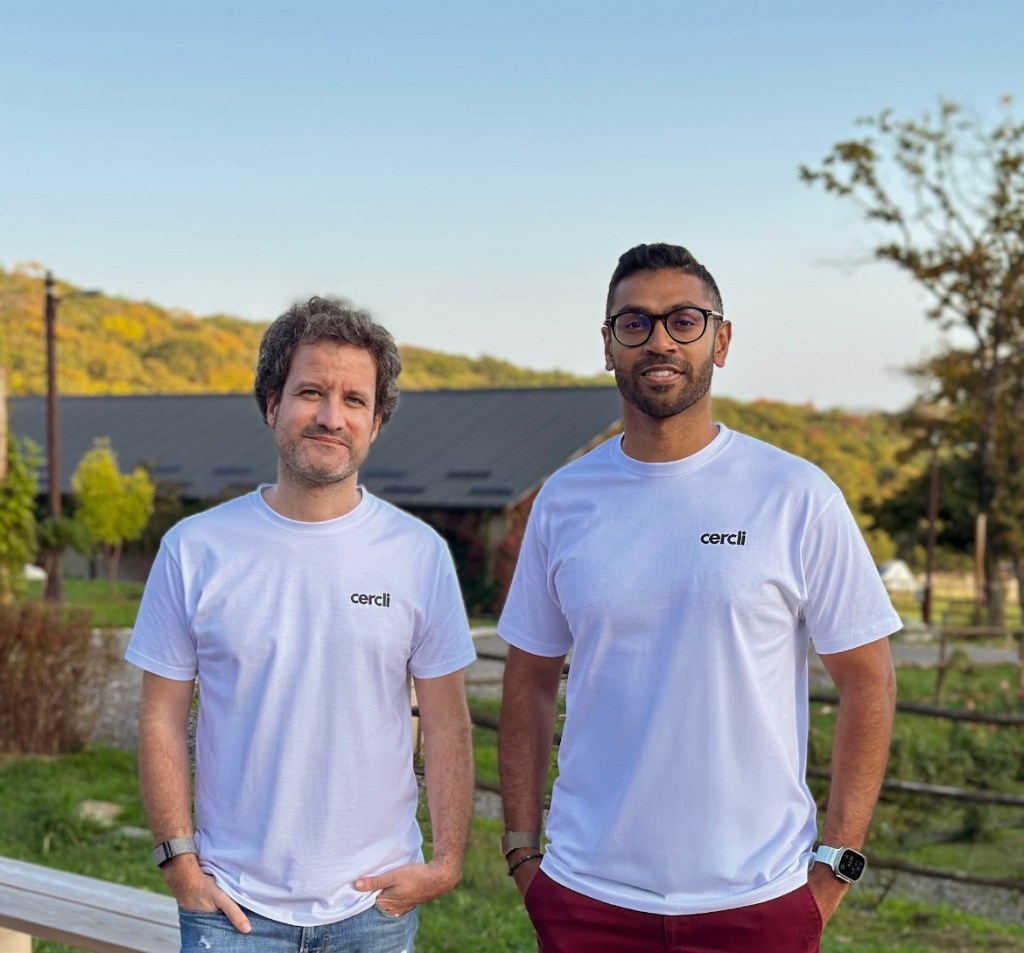In the Middle East and North Africa (MENA) region, businesses have long grappled with disjointed enterprise systems, outdated compliance tools, and human resources (HR) software that often fails to integrate seamlessly with financial operations. Addressing these challenges, Dubai-based startup Cercli is pioneering a unified, AI-driven solution tailored for MENA enterprises.
Founded by former Careem executives Akeed Azmi and David Reche, Cercli recently announced an oversubscribed $12 million Series A funding round, led by European venture capital firm Picus Capital. This substantial investment underscores the growing demand for innovative HR technologies in the region.
Since its inception, Cercli has undergone significant evolution. Initially securing a $4 million seed round, the company has since reimagined its platform to mirror the functionalities of Rippling—a comprehensive HR and IT management system—but with a distinct focus on the MENA market and a foundational emphasis on artificial intelligence.
Over the past year, this strategic pivot has yielded impressive results. Cercli reports a tenfold increase in revenue and now manages over $100 million in annual payroll for a diverse clientele spanning 50 countries.
In a competitive HR technology landscape populated by startups like Deel and Remote, as well as established giants such as SAP and Oracle, one might question the necessity of another player. However, CEO Akeed Azmi believes that Cercli’s AI-centric approach provides a distinct competitive advantage.
Azmi and Reche’s experiences at Careem and Kitopi—two of MENA’s most prominent unicorns—highlighted the inefficiencies in traditional people operations. They observed that payroll processes were often fragmented across multiple systems, and compliance requirements varied significantly by region. In response, Cercli’s initial platform aimed to consolidate HR management, payroll, and compliance for MENA-based companies with global operations.
Recognizing the transformative potential of artificial intelligence, Cercli has recently overhauled its payroll engine to be both multi-country and agent-compatible. This redesign facilitates more efficient scaling across diverse global jurisdictions.
The legacy systems of the last 20 years—your SAPs, Oracles, Workdays—they were built for on-prem and the cloud. Now we’re entering an AI-native world, Azmi explained in an interview with TechCrunch. We didn’t want to just integrate AI; we wanted to rethink the whole stack for how people and agents work together.
Beyond payroll, Cercli has enhanced its recruitment module with agent-driven features capable of generating candidate lists, sourcing from internal datasets, and conducting background assessments to determine hiring suitability.
Internally, the company leverages custom-built treasury and reconciliation agents to manage its finances and accounting. This AI-driven operational model has enabled Cercli’s 14-person team to secure its Series A funding while maintaining a 21% month-over-month revenue growth rate, according to Azmi.
A key differentiator for Cercli is its commitment to consolidation. While numerous multi-module HR competitors exist, MENA companies often find themselves piecing together back-office functions from various point solutions. A single company might use different products for expense management, payroll, and recruiting.
Customers are asking for everything in one place, and being AI-native allows us to build that unified experience far more quickly, Azmi noted.
Cercli’s AI-native architecture also streamlines the customer onboarding process. Setup can be completed in two to three days, a stark contrast to the several months typically required by legacy systems. This efficiency has attracted a diverse range of clients, from startups to multinational corporations, including Vision Bank, the Global Climate Finance Centre, Huspy, Lean Technologies, and Ziina.
The Series A funding round marks Picus Capital’s first investment in the MENA region. The firm has previously backed global HR companies like Personio, Multiplier, Deel, Maki, and JetHR.
Other participants in this funding round include Knollwood Investment Advisory, as well as existing investors Y Combinator, Afore Capital, and COTU Ventures.
With this infusion of capital, Cercli plans to develop new AI-native products and expand its market presence within the $5.8 billion HR software industry in MENA.
We’ve seen this business model succeed globally within our portfolio, and we are excited to back Cercli as they continue to grow market share through new customers and product launches, said Robin Godenrath, founding partner at Picus Capital.



